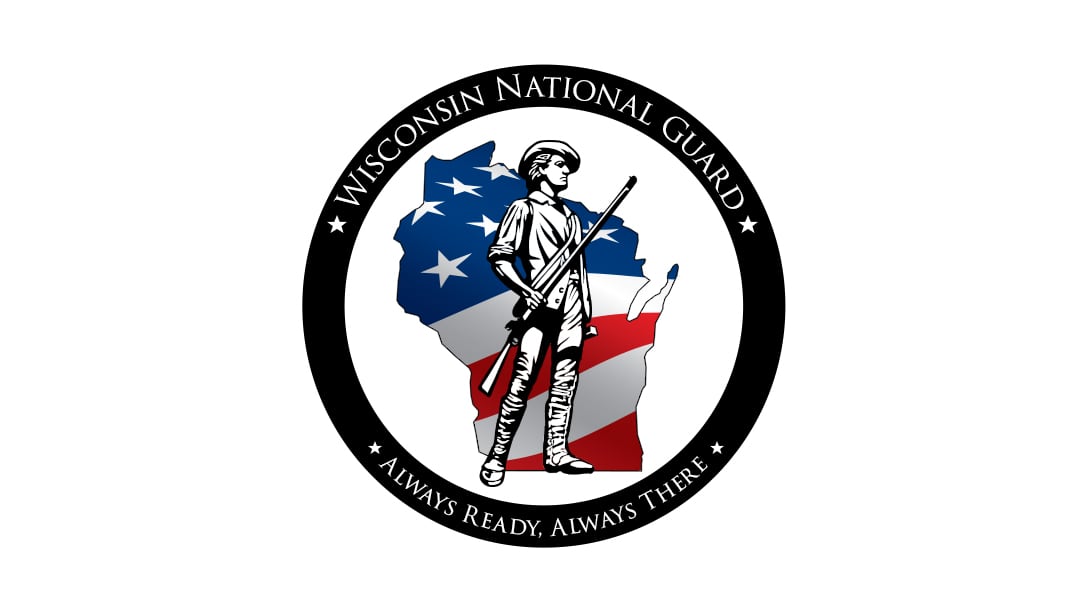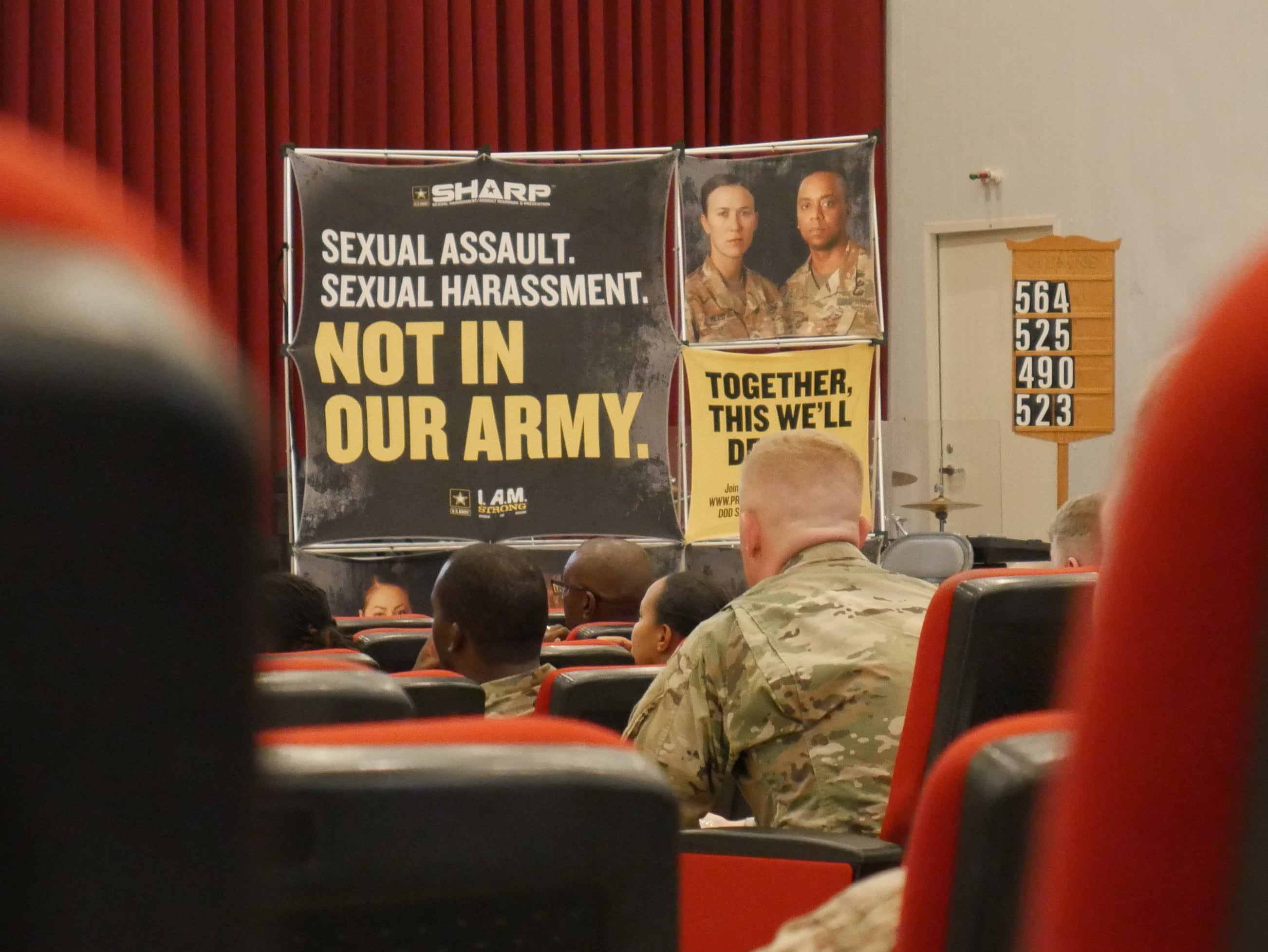Part-time troops under state authority are caught in a legal quagmire when they’re sexually assaulted by a fellow service member: If local law enforcement refuses to prosecute, the National Guard has a special office to investigate, but only if state leadership seeks it out.
Unlike active-duty troops, National Guard members aren’t subject to the Uniform Code of Military Justice unless they are activated by the president, meaning those units can’t convene hearings or trials when one of their members sexually assaults a colleague.
“No longer can the National Guard hide behind their unique status,” Rep. Jackie Speier, D-Calif., said Wednesday, during a House Armed Services Committee hearing. “To the National Guard: The spotlight of Congress is on you.”
They do have the Office of Complex Investigations, an organization set up specifically to review assault reports when civilian authorities opt not to press charges. The issue is that the state chain-of-command has to contact that office, and they don’t necessarily do it.
“And [an adjutant general] ... who has a number of sexual assault cases that occur under their command, becomes loath to report them, or seek the assistance of OCI for fear that it might reflect poorly on them,” Speier said. “And sometimes, they are the assaulter.”
Speier pointed directly to a spate of cases in Wisconsin, where the state’s justice department announced last year that it wouldn’t file charges after reviewing about 30 mishandled cases. A dozen of those were thrown out because of the statute of limitations had passed.
RELATED

“So I’ve got some serious concerns,” she added. “It’s $26 billion that we dole out every year to the states, and we have no control, no authority to protect those National Guard service members if the state chooses not to.”
Army Gen. Dan Hokanson, the chief of the National Guard Bureau, responded to Speier’s remarks by pointing out that the way the National Guard is set up, it’s truly a governor’s decision whether to adjudicate these cases, even with administrative punishments.
The National Guard Bureau did provide an assistance team to Wisconsin, to help the review the shortcomings in their handling of the cases, he added.
“My understanding is that your authority is one of encouraging, cajoling, subtly hoping that they will do the right thing, but outside of giving them money, we don’t have any hook to get them to do what they should do,” Speier said.
The active-duty component has faced similar issues, as historically, local commanders have been the only decision-makers when it comes to pressing charges or sending cases to trial.
That’s changing soon, with the implementation of the latest National Defense Authorization Act and the findings of an independent review commission that recommended creating an independent counsel’s office for prosecuting sexual assaults, sexual harassment and other crimes in the military.
Meghann Myers is the Pentagon bureau chief at Military Times. She covers operations, policy, personnel, leadership and other issues affecting service members.





